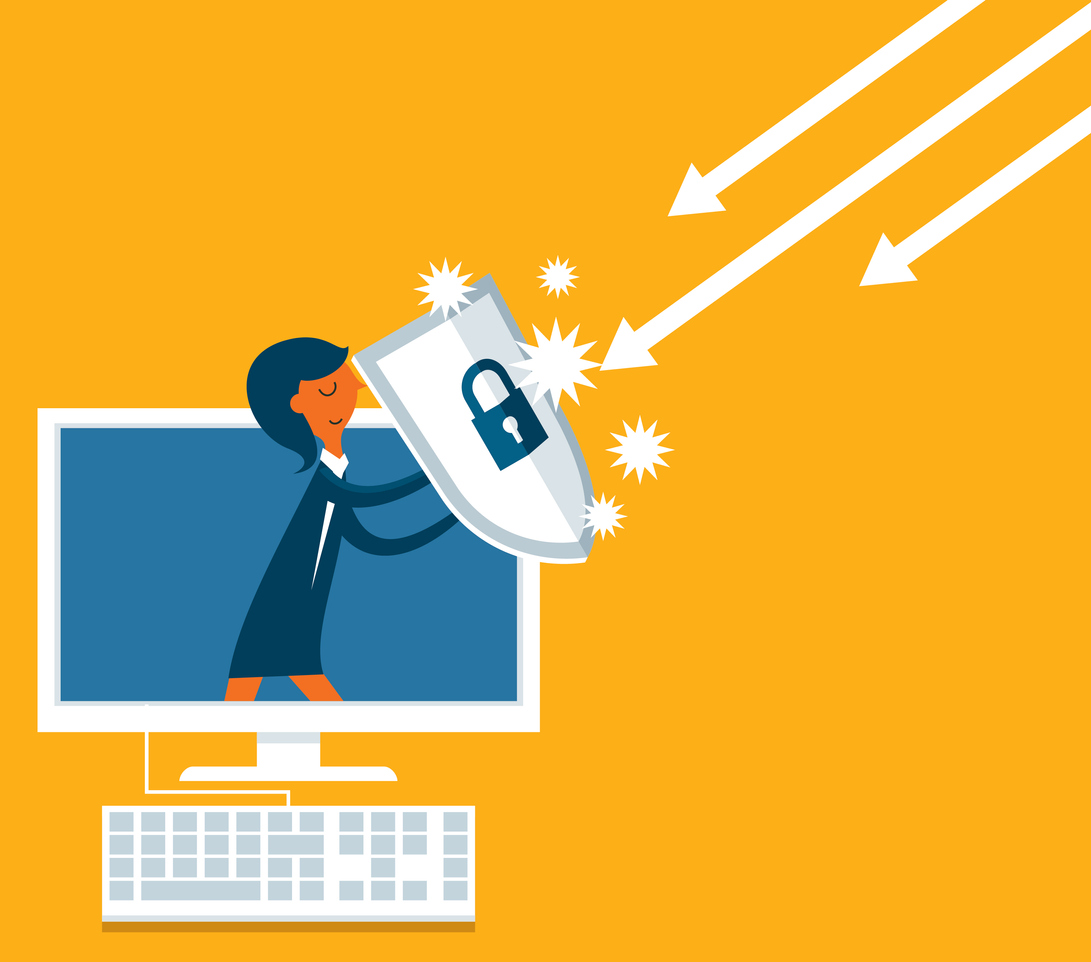Since the start of the coronavirus outbreak, consumer reliance on digital banking has never been greater. With the stay-at-home order, consumers have been encouraged to use online or mobile banking alternatives as safer and more convenient options to conduct banking transactions. With digital banking, consumers don’t have to visit the bank to transfer their funds or wait for the next paper statement to know what their balance is. All that information is available online, any day, anytime.
But while online banking has made things easier for users, it’s also made things easier for scammers. This is why, while conducting online transactions, you need to be conscious of your actions to protect yourself and your finances. Below are four important online banking security tips to help keep your money and identity safe.
1. Pay attention to your password
Never underestimate the power of a strong password. To create a strong password, use a combination of uppercase and lowercase letters, numbers, and special characters. You should avoid using words that are too easy to guess, especially if they’re related to your personal life, such as your mother’s maiden name, the street where you live or your pet’s name.
Additionally, keep in mind that your online banking password should be unique, which means you shouldn’t be using it on another website. If you’re worried about memorizing all of the passwords you’ve created online, you can install a password manager that can securely store your separate passwords for each site. If you’re looking for a higher level of protection, security experts also recommend changing important passwords every 90 days.
2. Don’t access your bank account on public Wi-Fi
When you’re on public Wi-Fi, you should be aware that someone can access your browser history and password. This makes it easier for hackers to access your computer and steal your personal information. Try not to do anything that requires you to log in, such as online banking or reading your email, when you are on public Wi-Fi, as you are putting yourself at risk. Using a secure Wi-Fi network with a password or own cell phone data connection to conduct your banking transactions online.
3. Monitor your accounts regularly
Monitoring your accounts and their activity regularly is one of the best ways to ensure your money is only being used by you and isn’t going anywhere it isn’t supposed to. Checking your account balances, history and transactions regularly will allow you to identify any activity that is out of the ordinary and help you keep your finances safe. If you notice suspicious activity, contact the bank immediately and then be sure to change your account passwords to increase security. Even though banks are skilled at recognizing fraud, particularly on card transactions, they might not always be able to detect every suspicious transaction among every customer, so reviewing your banking activity is always recommended.
4. Keep your computer updated
Outdated computers and mobile devices may not be secure enough to protect your personal and financial data against the newest scams, hacking and viruses. This is why it is very important to perform your computer’s recommended updates as soon as they become available and install the most to date antivirus software of your choice.
Keep yourself and your finances safe from consumer scammers with these helpful tips. If you would like more information about account safety and about opening an account with Mechanics Cooperative Bank, contact us today.
{{cta(‘1cce2128-9c7d-43bb-b3f8-b7e288d2bc94′,’justifycenter’)}}





